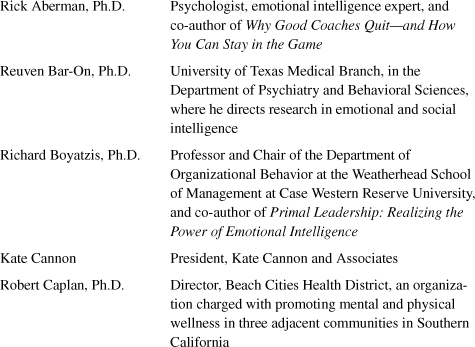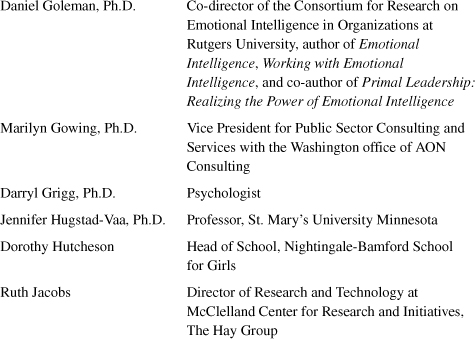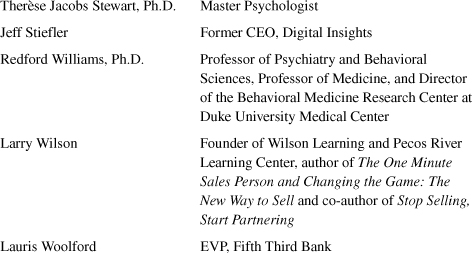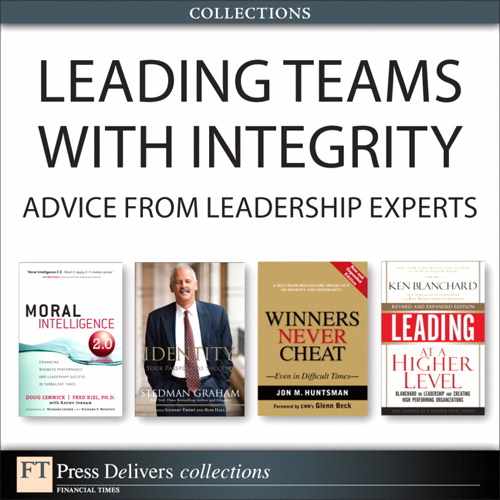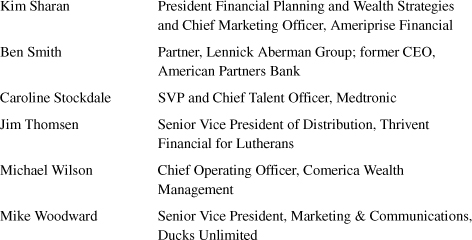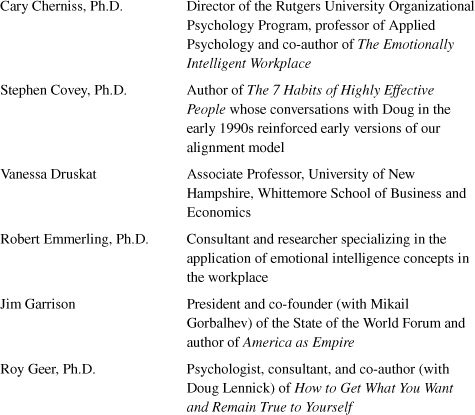Introduction
In 2005 we were fortunate to publish the first edition of Moral Intelligence. In the book, we argued that sustainable business performance was only possible when leaders and their organizations acted in concert with certain core universal principles, including integrity, responsibility, compassion, and forgiveness. We described the skills that were needed for leaders to behave in ways that were both moral and at the same time financially smart for their businesses. We demonstrated through the lives of some of the United States’ most highly regarded leaders the essential relationship between moral competence and business success.
Still reeling from the corporate accounting scandals of the early 2000s, such as Enron and WorldCom, we hoped that Moral Intelligence would serve as a call to action for leaders to “do the right thing” for their stakeholders and themselves. Since the initial publication of Moral Intelligence six years ago, countless leaders have heeded that call to action. Sadly, other leaders continue to bury their moral compasses, choosing greed over integrity. In some cases, the choice to ignore moral principles and values has proved nearly catastrophic: By the fall of 2008, the global economy was about to implode. Much of the blame—though certainly not all—goes to financial services industry leaders who prioritized short-term financial gain for themselves and their firms over everything else, including their responsibility to customers, employees, and the survival of nations.
Mark Sheffert, Chairman and CEO of Manchester Companies, headquartered in Minneapolis, Minnesota, offers this perspective regarding the moral issues that underlie the financial crisis and global recession:
I truly believe in my heart of hearts that the underpinning in the financial crisis was greed, power, and corruption with people grabbing for their unfair share of the economic pie. Financial institutions, Wall Street, Main Street, investors, rating agencies, people selling, people buying. Whether it was Ponzi schemes or backdating stock options or something else, it didn’t matter. It was all justified somehow by the notion that ‘I deserve it’. The country has lost its moral compass. The Johnson Institute did a study recently that revealed 56% of MBA students and 43% of law students admit they cheat, and 93% of them say cheating is justified, and more than 90% said they have no moral dilemma about doing so. Remember, these young cheaters and liars are our business leaders, politicians, and professionals of the future. Greed and lack of ethics have permeated every aspect of our society and it’s a systemic issue. This greed and lack of ethics has resulted in an upside-down economy with massive unemployment, and it’s not going to get better soon for a lot of reasons. Many companies went out of business and aren’t even here to employ someone. Starting businesses in this environment is nearly impossible. Big companies are doing more with less. Six percent of the nation’s GDP is related to the cost of dealing with fraudulent behavior. If your company generates $100 million in revenue, then your company is spending $6 million per year dealing with fraud and the lack of ethics.
Kim Sharan, chief marketing officer and President Financial Planning and Wealth Strategies for Ameriprise Financial, underscores Mark Sheffert’s analysis of the financial costs of ignoring moral principles:
Mistrust in the marketplace is very high. How do you reinforce to the consumer[s] that you’re focused on doing what’s right for them when every day there is a new scandal or fraud in the news? What has happened over the past three to five years is it has gotten harder to rise above the noise. I’m sure what happened to Enron at the turn of the century was felt by every energy company. What happened with Lehman and Bernie Madoff has created a halo effect that is felt by every company and everyone in the financial services industry. Because of the proliferation of social media, the viral nature of the situation has resulted in a high degree of mistrust of the entire [financial services] industry.
For us at Ameriprise, we have to figure out how to show our clients that we have acted with integrity and excellence in all we do, doing the right thing for the consumer at every turn—all of that is critical. At the heart of building a brand is taking charge of delivering a great experience for the consumer. Every advisor and every employee has to deliver on certain principles every time. Those principles are actively caring about the client, behaving with integrity, standing up for what is right, and accepting responsibility for serving them. When it comes to moral intelligence, all of us have to be very real. It’s always been critical for sustainable success, but it’s more obvious now than at any other time.
With this edition of the book, Moral Intelligence 2.0, we intend to underscore the message that moral competence is critical not only to the success of individual leaders and business, but [also] to the survival of the global economy. For today’s leaders, it is even more clear that moral competence is not a “nice to have;” it is a “must have.”
The integrity crises of the first decade of the 21st century have been devastating. But they have not yet convinced enough leaders of the importance of morally intelligent leadership. How many wake-up calls do leaders need to get the message that their ultimate success depends on moral leadership? Will leaders get another chance to do the right thing? Given the precarious nature of today’s global economy, we fear that this wake-up call to choose integrity over greed might very well be our last.
In a spring 2009 conversation with author Doug Lennick, American Express CEO Ken Chenault observed, “Business has focused too much on capitalism and profit versus capitalism and societal good.” If the CEO of an iconic institution such as American Express thinks business should be paying a lot more attention to moral values, how can any leader afford to ignore the call to put moral values at the center of what they do? Leaders must hold themselves to a high standard, a morally intelligent standard.
Moral intelligence is not an issue only for American business leaders. It is a universal leadership imperative. For example, leaders at Deutsche Post, a global mail and logistics services provider, continually reinforce the importance of its corporate values: to deliver excellent quality, to make our customers successful, to foster openness, to follow clear priorities, to be entrepreneurial, to act with integrity, and to accept social responsibility. Deutsche Post has weathered tough times, including a large layoff in its U.S. based workforce in November 2008 as the world began to experience the impact of the financial crisis and a global recession. After suffering revenue losses in 2009, Deutsche Post rebounded in 2010 with 13.9% consolidated revenue growth by the end of the third quarter. It is no coincidence that Deutsche Post’s commitment to its values and moral principles has contributed to its ongoing financial success.
Back in the mid-1990s, well before the early 2000 corporate accounting scandals, well before the dot.com bubble burst, and before we could have even imagined the global financial crisis that exploded in 2008, we had a conversation both authors vividly recall. Doug was then executive vice president, Advice and Retail Distribution for American Express Financial Advisors. Doug was well known for developing a high-performing sales force of approximately 10,000 financial advisors and was an early champion of emotional intelligence skills training at American Express. Fred, a pioneer in the field of executive coaching, was a psychologist and co-founder of a leading executive development company and then as now, actively engaged in helping senior executives improve their personal performance as leaders.
As we talked, we realized that we had some common ideas about the ingredients of high performance that we were both struggling to conceptualize. We agreed on the importance of emotional intelligence—the constellation of self-awareness, self-management, social awareness, and relationship management skills that are now commonly regarded as critical to success in the workplace. We discovered, though, that neither of us thought emotional intelligence was sufficient to assure consistent, long-term performance.
In the course of nearly 30 years, we had collectively worked as business executives, entrepreneurs, and leadership consultants to chief executives and senior leaders of Fortune 500 companies, large privately held companies, and start-ups. We had each coached hundreds of leaders. The most successful of them all seemed to have something in common that went beyond insight, discipline, or interpersonal skill. We also spoke about noted public figures with masterful emotional intelligence skills who would sway like reeds in the wind when faced with morally loaded decisions. We hypothesized that there was something more basic than emotional intelligence skills—a kind of moral compass—that seemed to us to be at the heart of long-lasting business success. Our ideas became the focus of the first edition of Moral Intelligence. In retrospect, we may have been ahead of our time: Given the financial crises of the late 2000s, our initial insights about the central importance of moral intelligence to business success seem more relevant than ever.
We offer this book as a roadmap for leaders to find and follow their moral compasses. In the pages ahead, you will hear from leaders who are committed to morally intelligent behavior. Although we believe that doing the right thing is right for its own sake, recent history has demonstrated that leaders who follow their moral compasses can find that it is the right thing for their organizations as well. In this book, we hope you find the tools to become the best leader you can be. You—and your organization—deserve nothing less.
Leaders Interviewed
We are deeply indebted to the large group of leaders who contributed to our thinking and research. Our interview subjects were especially generous with their time and candid in their self-assessments.



Thought Partners
We greatly appreciate our many colleagues and mentors whose input has helped sharpen our thinking about the moral dimensions of leadership. They include the following:
